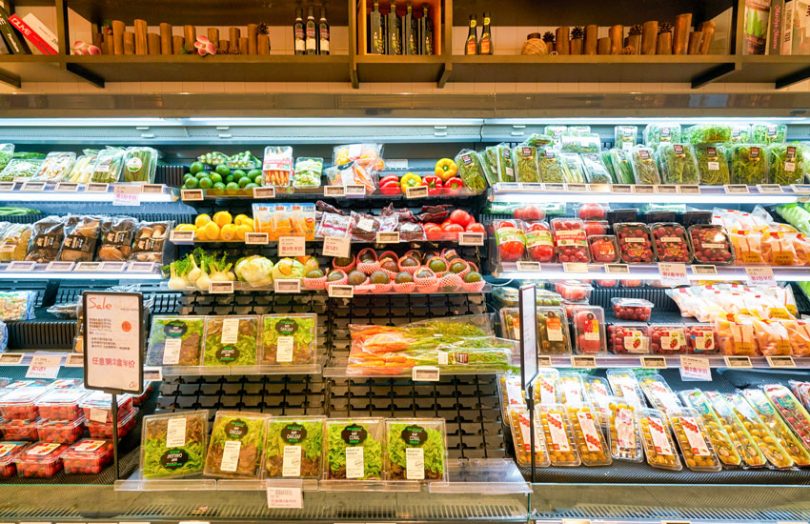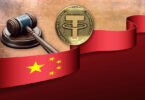A regional supervisor of one of China’s food markets has announced an agricultural product traceability platform based on blockchain, AI, big data, and cloud computing, reported RFID World. The platform used by the Guangzhou Municipality’s Market Supervision Bureau aims to monitor the flow of food products and enable better market control for the administration to ensure food safety.
Guangzhou is the capital of the Guangdong province in China and has previously reported numerous food safety breaches. Although food supervisors keep a strict watch on markets, it is not physically possible to verify the quality of every packaged food and other products. Currently, the food traceability platform covers 8,018 businesses in 90 agricultural markets across the city.
The traceability platform collects production data, including relating to the farm, details of the farmer, how and when the produce was harvested. The next step is recording the inspection and certification details of the agricultural produce.
“This set of traceability system uses blockchain technology to upload information such as market access, daily inspection and supervision, law enforcement by merchants, market operators, and regulatory authorities to the blockchain,” a representative of the Guangzhou Municipal Market Supervision Bureau told RFID World. “The data automatically generates an electronic label, which is equivalent to the data uploaded by each principal responsible person’s official seal.”
The blockchain food traceability platform aims to improve food safety in the region by working together with market operators, merchants and traders, regulatory authorities, and consumers. The blockchain acts as an immutable ledger for the production and inspection data of the agricultural produce. Meanwhile, AI is being used to verify the authenticity bills submitted by the traders and market operators. If the system detects an anomaly, food supervisors are notified to conduct due inspections.
The report said about 95% of traders and other participants reported their activities on a daily basis, while 5% of the total daily bills were found to have errors and abnormalities. As of now, over 8,000 merchants are using the platform, which has recorded 708,000 purchase orders and 4 million sales orders.
The Huangsha Aquatic Products Market was the first to pilot the blockchain food traceability system for improving its supply chain management. The platform has been in development since 2017.
Blockchain has enabled remote supervision of food products sold in Guangzhou markets. While ensuring inferior products don’t reach the shelves, the blockchain traceability system can also facilitate easy recalls.
Meanwhile, the blockchain solution allows consumers to view traceability information such as sales documents, stall qualifications, sampling information, and regulatory records. Consumers can file complaints against merchants and sellers using the platform, which will also assist in protecting their consumer rights through an online process.
Previously, Walmart China and Bright Foods have launched blockchain food traceability systems in the country.
Elsewhere, the IBM Food Trust is one of the highest-profile blockchain initiatives with members across the globe.






